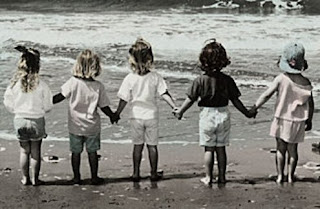 This is a copy of an article from Catholic Questions and Answers
This is a copy of an article from Catholic Questions and AnswersChristians who are not Catholic may have a hard time with this, but the Catholic Church has always maintained that the fullness of the means of salvation are present only in the Catholic Church as organized as a visible community, led by the Pope, the successor of Peter.
At the time of the Reformation, all the Protestant communities abandoned some very important things that we believe the Lord wants his Church to have – specifically; the sacrament of holy orders through the laying on of hands by bishops, and the other sacraments that depend on validly ordained bishops –
- Eucharist
- confirmation
- reconciliation
- sacrament of the sick
However, many non-Catholic Christians take advantage of the means of grace available to them (Scripture, baptism, Christian marriage, prayer, etc) to a great extent and therefore can exhibit marvelous fruit of the Holy Spirit.
The Vatican II document that the 6/29/07 statement comments upon also notes that those who have been fully incorporated into the Catholic Church but in whom the love of God has grown cold cannot be saved. From those to whom much is given, much will be expected. Having all the means of grace available imposes upon Catholics a greater measure of accountability. 
How should we respond? Each of us, regardless of where we go to Church, should shake ourselves and our families out of the complacency that would cause us to settle for spiritual mediocrity. We need to pursue the fullness of the life and truth that the Lord wants us to have, take full advantage of the fullness of the means of grace He makes available to us, and share those resources with all people, Protestants, Catholics, Christians and non-Christians.
Zenit: Clarification on the Doctrine of the Church
sources: Catholic Questions and Answers and Zenit
No comments:
Post a Comment